Story Movie
![Crouching Tiger Hidden Dragon 4K 2000 CHINESE Ultra HD 2160p]()
Legendary martial artist Li Mubai sets out in search of a magical green steel sword that has been stolen by intruders. Ahead awaits him the sinister figure of a longtime adversary, an assassin who, after a long absence, has returned to the warpath.
Review 4K Movie
The unprecedented success of this film has become the talk of the town. Grandiose box office grosses, rave criticism and a heap of awards, including the 2001 Oscar triumph, and, more importantly, the unexpected and long-lasting love of the audience.
Unexpected - because at first glance it is difficult to understand what exactly attracted people in this film. After all, there seems to be nothing sensational about it. Ang Lee, who was a rather American director, apparently suffered from problems with his own identity, remaining Chinese, brought up within the framework of the traditional values of Chinese culture, but at the same time being a renegade in his own family and country, and filming films that were completely alien to the traditions of Asian cinema. The struggle with oneself resulted in the director's strongest craving for recreating his favorite Chinese myths and attempts to convey them to the viewer of Ice Wind. At the same time, he had no right to lose face both in front of the Chinese, who in any case would have watched the film more captious, as if it had been filmed by a 'renegade', and in front of the Europeans, who had all these sufferings of a visiting Asian before the lantern.
The difficult task was solved in a simple and elegant way. Caesar is for Caesar, and God is for God. That is, Asians - familiar schemes and plots, the rest - exotic China, packed in a beautiful and attractive wrapper. And everything turned out as well as possible. Lee took the scheme of traditional pseudo-historical wushia-action films, which were previously riveted in batches at the Shaw brothers' film studio, and among which one of the peaks was the sensation of the Cannes Film Festival-75 'Touch of Zen' by the great King Hu - which Lee simply could not help but see and from where, of course, borrowed a lot. You can also feel the influence of Li Hanxiang's luxurious costumed melodramas, filled with strange Asian eroticism. Neither flying on swords, nor running through the crowns of trees, nor bizarre symbolism, nor in Chinese restrained suffering of two couples in love who were not destined to find happiness were new to the Asian viewer. The film, imbued with the philosophy of finding a balance between nature and man, happiness and duty, temporary and eternal, deeply touches those who are ready to let someone else's culture into their hearts, and at the same time looks like a great Hollywood movie, which captivates viewers of all countries and continents.
Li looks at China as if from the outside, with a special note of nostalgia and contemplation, with a wondering, quivering look, as people from emigration look, sad about their lost home. This is how Nabokov wrote about Russia, this is how Remarque looked at Germany, and so dreams of the Motherland, which he had never been to, Ang Lee. Yes, the Chinese from the mainland took the tape with a squeaky coolness - they say, this Li invented his own China for the West, for export, he shot some kind of Western with an Asian sauce. A completely different attitude towards the film in Taiwan and in Hong Kong, where it was presented with numerous awards by local film academies, and the Chinese around the world were also delighted, because this is how they see the world of their legends. 'Crouching Tiger' is China in retelling, China from memory, China from old films with a new approach, but there could be no other way if you understand who and what was filming it. And is it really bad to do an 'export' thing? After all, Bruce Lee, John Woo, Jackie Chan were once considered 'export', who brought elements of Western culture into their films. Bright exoticism, flights on rooftops, spectacular battles, wild romance conquered Americans and Europeans. Since the days of Touching Zen, no one has read other people's tales so beautifully and with expression. The success was so great that they started talking about a large-scale offensive from the East to the West and the imminent cultural expansion. In hindsight, we can say that so far this has not happened - at least on such a scale. And the Western viewer still prefers to occasionally indulge in Asian fairy tales, allowing only the brightest and superficial of them to be broadcasted. And Eng Lee himself, apparently, having expressed all the painful things on this topic, quickly lost interest in his beloved China and continued to shoot absolutely Western films, leaving Zhang Yimou as the main exporter of the East to the West.
In the film, Lee builds the eastern world according to the laws of Western cinema. By the standards of Chinese cinema, his film has an unusually long exposure, carefully crafted characters, an amazingly small number of fights and their strategically important plot distribution. It is impossible even to imagine that, for example, the scene of the attack of the 'Dark Cloud' gang on a caravan could have done without a long and grueling fight in a traditional Chinese film. But the director is not interested in the fight as such, he is interested in the two who fled from the dump, clasping their eyes, he is interested in the incipient feeling, passion, confusion, but not in the fight. Yes, and the heroes have practically no real enemies, the main enemies are circumstances and themselves. It turned out that he filmed Sense and Sensibility, as if his characters lived in ancient semi-fantastic China. Actually, it angers movie haters and captivates fans. And, of course, it is perfectly clear that not everyone will like the film, after all, by Hollywood standards, there are not so many events in it, but the main events here take place not in the inhabited world, but in the innermost, spiritual.
Lee's Western approach is palpable in his casting for the lead roles. In China, these would be masters of martial arts, and for Li it was more important how they could convey the feelings and emotions of their heroes. This is how the hero of melodramas and 'pistol' action films Chou Yun-Fat, dancers Michelle Yeo and Zhang Ziyi and Chang Chen, who had never played in action films, appeared in the film. Of all the main stars, only Zheng Peipei knew firsthand what a classic action wushi was, because she was one of its main stars of the 70s, and also the wife of that very King Hu. Of course, under the leadership of the legendary Yuan Wu-ping, the actors still had to - who to master, and who - to repeat - the techniques of martial arts, so much so that there is no doubt that all the actors in the film are outstanding masters of sword and fists.
Particularly impressive is the battle of two most beautiful women - light, airy, graceful, thin, daring, dazzlingly beautiful Zhang Ziyi, it seems, was born to fly, and Michelle Yeoh - captivating and at the same time wise. Men also look quite convincing, especially Chou Yun-Fat, in whose words one can hear both resignation to fate and that hopeless determination with which they strike at their own hearts.
Crouching Tiger, Hidden Dragon is a beautiful, sensual, exotic and truly wonderful film, a retelling of Chinese myths by an artist inspired and in love with them, born to create his own worlds. He did not avoid the main problem of his classical counterparts - meditative boredom, which no-no yes breaks through the veil of fantasy, but is able to bring aesthetic pleasure to everyone who will allow him to.
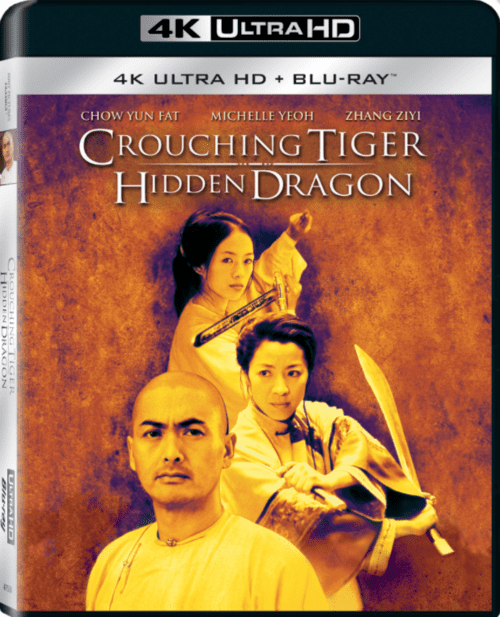


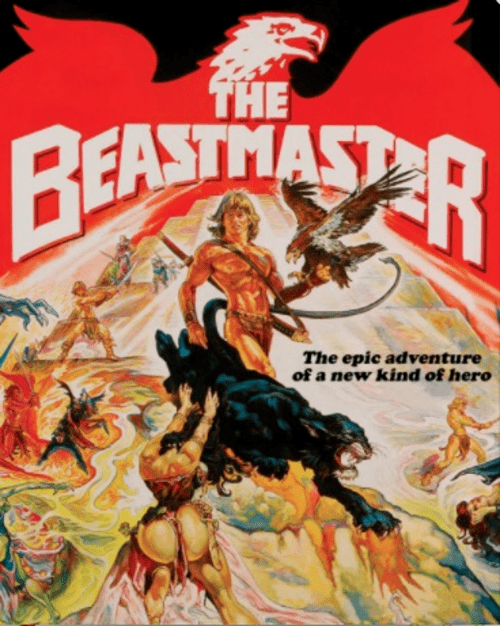 [/full-link]
[/full-link]
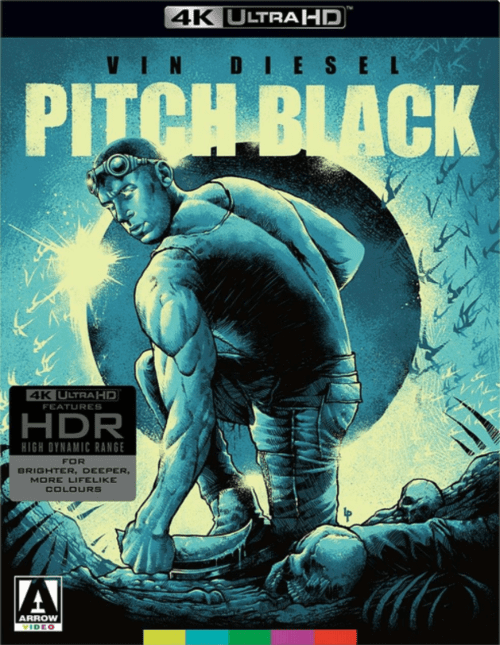 [/full-link]
[/full-link]
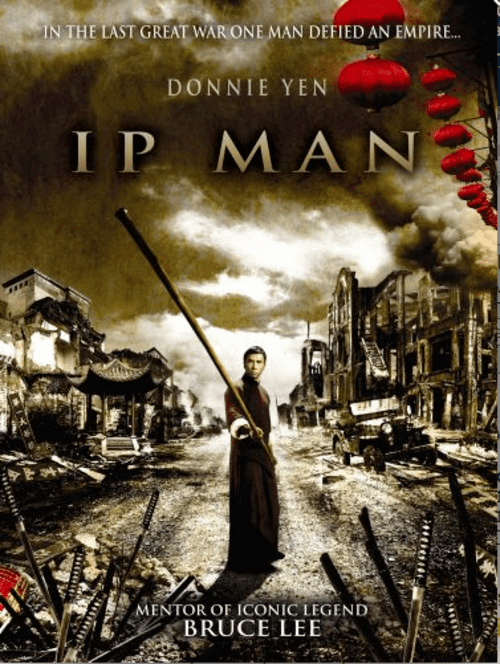 [/full-link]
[/full-link]
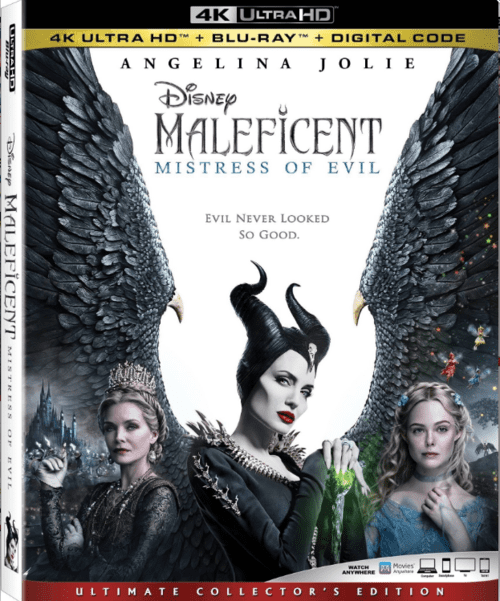 [/full-link]
[/full-link]
